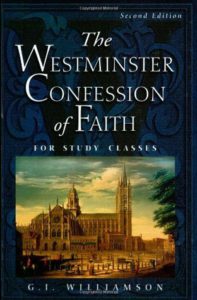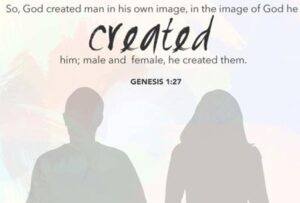 Gnostic Anthropology
Gnostic Anthropology
One of the primary themes of gnostic anthropology is that the material body is a part of a “lesser” reality, one that is not connected to the “true” self. This understanding of the human person intentionally disconnects the body from the soul, as the body (including biological sex) needs to be transcended in order to achieve salvation…
Transgenderism
The American Psychological Association defines “transgender” as “an umbrella term for persons whose gender identity, gender expression, or behavior does not conform to that typically associated with the sex to which they were assigned at birth.” Continue reading “Transgenderism as Ancient Gnosticism in New Garb. A Response*”
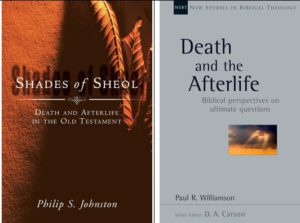

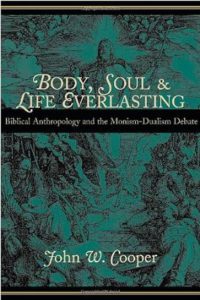
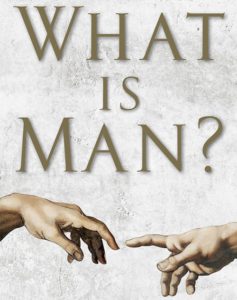
 Philosophical and Social Origins of Identity Politics and the LGBTQ Sexual Revolution. Part 2.
Philosophical and Social Origins of Identity Politics and the LGBTQ Sexual Revolution. Part 2.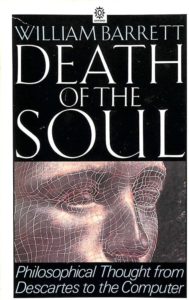 Philosophical and Social Origins of Identity Politics and the LGBTQ Sexual Revolution. Part 1.
Philosophical and Social Origins of Identity Politics and the LGBTQ Sexual Revolution. Part 1.